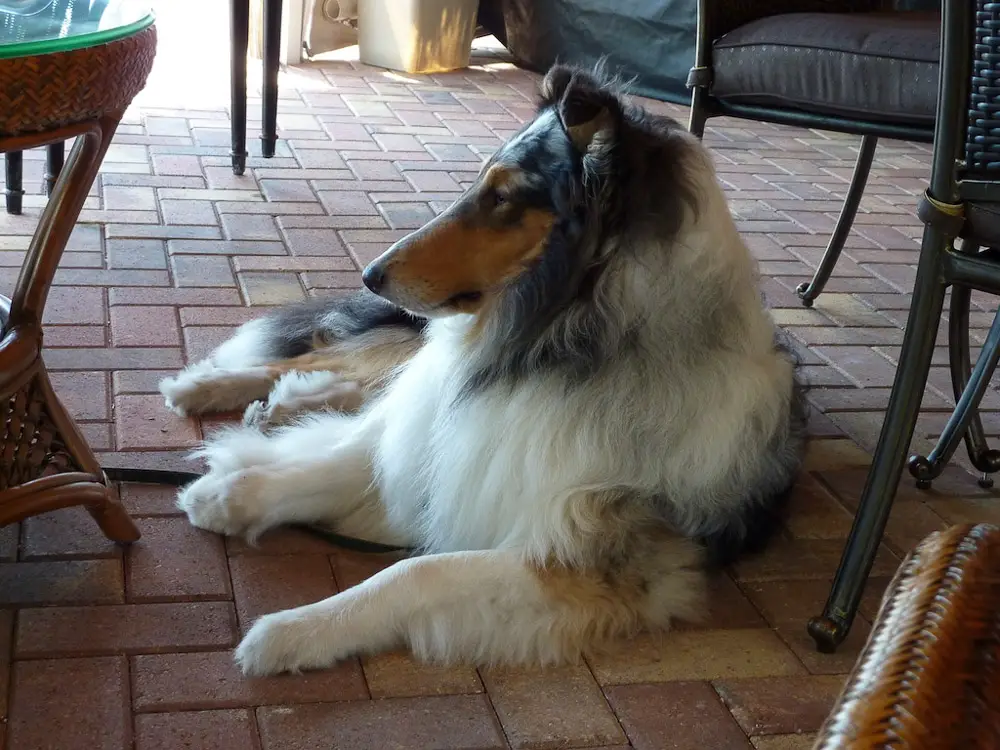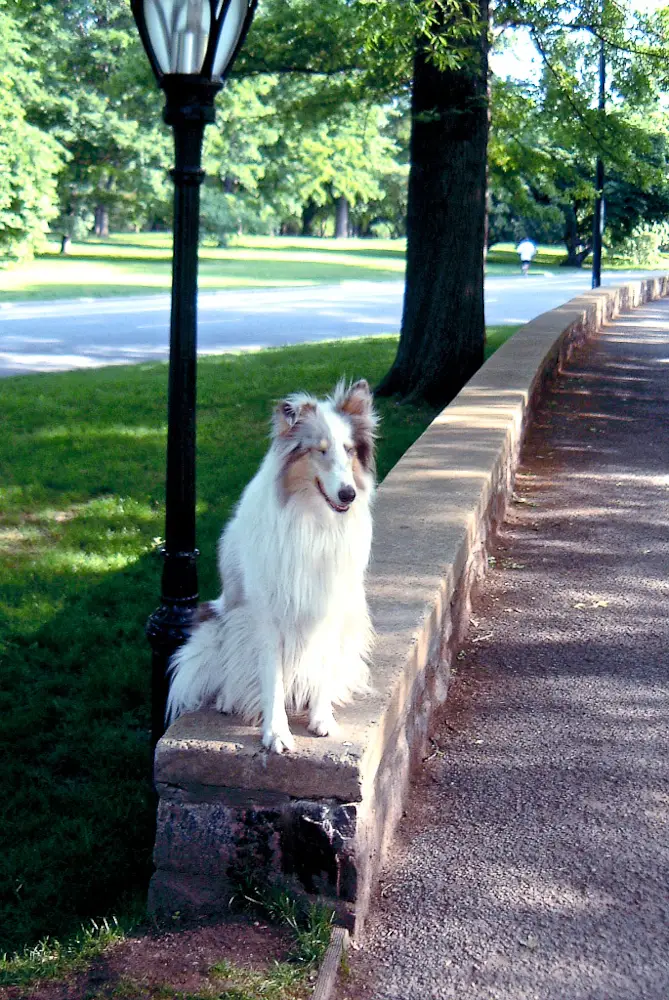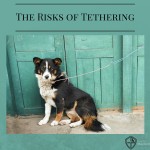Reality Check: Life With a Handicapped Canine
These Animals Prove They're Anything But Handicapped
The definition of a ‘special needs’ or ‘handicapped’ pet is changing for the better thanks to an increase in awareness and support. In this article, you’ll get a loving reality check from various viewpoints on living with blind, deaf, and physically-challenged animals as each prove that they’re anything but ‘handicap’.
What do celebrities like Daily Show's Jon Stewart, actress Sandra Bullock, rock star John Legend and his wife, fashion model Chrissy Teigen have in common? They all have “specially-abled” pets! Each time these Hollywood notables and their dogs appear in public, the world sees that dogs with special needs can have a great quality of life. It's hard to believe that dogs didn't always have it this good.
Just a decade ago, pets with any kind of so-called “deformity” didn't stand a chance. Puppies born with atypical features were euthanized out of humans' misguided sense of compassion. If an adult dog survived a bad accident but needed a limb amputation, most people would refuse. “Dogs aren't meant to live that way,” they would say as justification to prematurely end the animal's life. Few people ever noticed that animals thrive better than their human counterparts facing the same challenges.
 Ten years ago I also pitied animals with physical challenges and questioned their quality of life. But in 2006, my whole perception of what it means to be “handicapped” was turned on its head. That's when I learned that my dog, Jerry, needed a leg amputation to alleviate the pain of a cancerous tumor growing in his scapula. Despite the vet's assurance that dogs could be happy on three legs, my husband and I couldn't imagine that our athletic German Shepherd mix would be one of them. (Jerry, pictured to the right, enjoying a day at the beach!)
Ten years ago I also pitied animals with physical challenges and questioned their quality of life. But in 2006, my whole perception of what it means to be “handicapped” was turned on its head. That's when I learned that my dog, Jerry, needed a leg amputation to alleviate the pain of a cancerous tumor growing in his scapula. Despite the vet's assurance that dogs could be happy on three legs, my husband and I couldn't imagine that our athletic German Shepherd mix would be one of them. (Jerry, pictured to the right, enjoying a day at the beach!)
How wrong we were! It only took us about a day and a few YouTube videos to gain enough confidence to proceed with the amputation. Our inspiration came from a three-legged Great Dane named Moose who was twice as big as Jerry but fighting the same cancer on three legs – and still having a ball.
Jerry's limb loss inspired Tripawds.com, the world's largest support community for animal amputees and their humans. His epic journey and the combined effort of the “Tripawds Nation” demonstrate to the world that when given the chance, animals can do the things they've always loved. From tracking to agility to dock diving, even with a missing limb, Tripawd dogs and cats prove anything is possible.
But three-legged pets aren't the only heroes of the “special needs” animal kingdom. Faith the Two-Legged Dog showed the world that two-legged canines live joyous lives. Later, Naki'o the Bionic Dog astonished everyone by demonstrating the strength of canine spirit. This “no-legged” dog made headlines when animal prosthetic superstars OrthoPets created four biomechanically correct artificial limbs that would enable him to run, romp and roll once again.
Easing Into Life with a Handicapped Pet
Today, many pet parents are showing the world that life with a handicapped pet isn't as difficult as we imagine. These advocates are leading a quiet but powerful revolution in educational venues like “Dog and His Boy,” where Bernard and his deaf dog, Edison, are raising awareness about deaf dogs and their capabilities. If a dog suddenly loses vision, BlindDogsSupport.com is there to help the worried humans. As added inspiration, Instagram superstar Odie the No-Eyed Shih Tzu demonstrates that love is indeed blind. And when a dog is diagnosed with a debilitating neurological condition, Sharon Seltzer is there to help the humans cope with her “Lessons from a Paralyzed Dog,” a resource for the care of handicapped dogs with paralysis and other neurological health problems.
Once you spend your life with a so-called “special needs” dog, any future health challenges facing your pack will seem manageable. Nobody knows this better than Peggy Callihan, a former New York City resident and Collie fanatic who has lived with two deaf Rough Coated Collies and a blind one. She'll tell you that if your dog suddenly goes blind or loses hearing, don't worry – it's a bigger deal to us than it is to them “You just do what seems right,” she says while pointing to Sully, her 11-year old deaf Collie. As added proof that deaf dogs can thrive, Peggy says that nothing much about their daily routine has changed since Sully lost his hearing. “His quality of life is excellent,” she says while laughing and pointing to the couch where he sleeps. “I haven't sat there for years!” (Sully, pictured below, relaxing and enjoying life as normal - his normal.)
 Sully's predecessor Newton also went deaf in old age. Peggy says that back then she had a lot to learn about deaf dogs so when Sully went lost his hearing she was relieved that she could apply those early lessons. For instance, she says that “With Newton I regretted I hadn't learned more hand signals. Now, with Sully I have a few that I use.”
Sully's predecessor Newton also went deaf in old age. Peggy says that back then she had a lot to learn about deaf dogs so when Sully went lost his hearing she was relieved that she could apply those early lessons. For instance, she says that “With Newton I regretted I hadn't learned more hand signals. Now, with Sully I have a few that I use.”
Deaf dogs aren't the only challenge Peggy has encountered. This lifelong Collie lover is also well-acquainted with vision loss, which again isn't as scary as it seems. Years ago her Collie, Frida, gradually became blind. The vision loss happened gradually but with the heart of a Collie, nine year-old Frida took it in stride. Peggy suspects she lost it to Collie Eye Anomaly (CEA). (Frida, pictured at the top of the article, poses beautifully for the camera.)
Like Sully and Newton before him, Frida's life didn't really change after becoming blind. She and Peggy lived just two blocks from Central Park and they continued making the most of it. Every day Frida could be spotted romping along her favorite paths and taking advantage of the park's early morning off-leash play hours. “She just knew the routes in Central Park, she knew her buddies when they came along,” says Peggy. At home, Peggy knew better than to change furniture around and although Frida would sometimes walk into something or somebody, for the most part Peggy recalls, “I don't think she knew that she couldn’t see. I really don't.”
Dogs like Jerry, Moose, Sully, Newton, and Frida prove that once you have the honor of living with specially-abled animals, you'll probably feel that the word “handicapped” is a misnomer. That's because every day, animals show us that nothing stops them from succeeding with what they've got. Lacking the human burdens of ego, pride and regret, they cope far better than any person facing the same circumstances. And although their daily activities require a bit more monitoring and discipline than a typical dog or cat, the rewards for doing so are far greater than any pet parent can imagine.
Article By:
Rene Agredano







